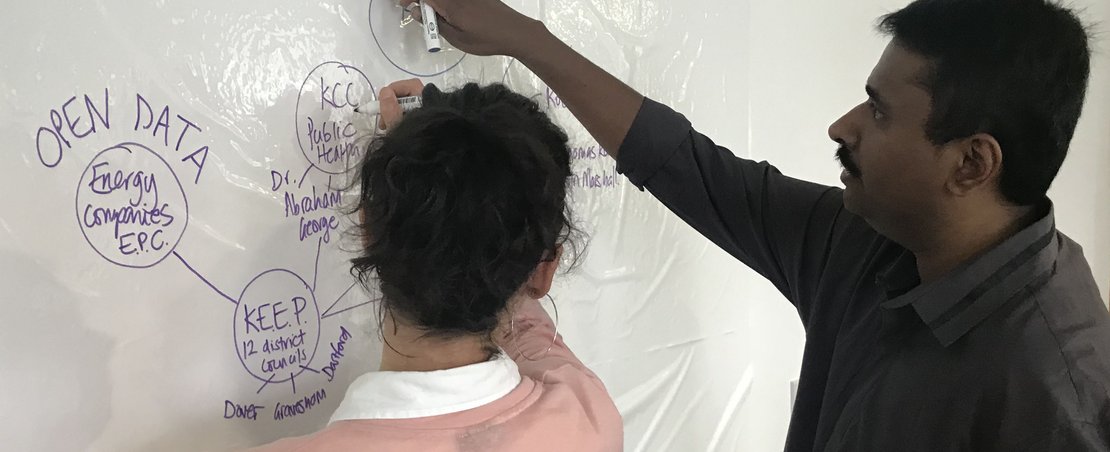
The ODI is working with four teams from different parts of the UK, to support them in redesigning specific public services with open data. This work is part of the ODI’s innovation programme, announced in October, to advance knowledge and expertise in how open data can shape the next generation of public and private services, and create economic growth.
By Ed Parkes
We ran a competitive tender exercise over the summer for public sector organisations, service design agencies, digital agencies and others to expand the service redesign work they are currently undertaking.
Each team will use and publish data in an open way to make services more efficient: allowing quicker, more citizen-focused delivery. As well as bringing together previously separate, siloed services, and creating new, innovative, joined-up delivery. They are looking specifically at how an open data approach can further support the delivery of their services.
The four winning consortia are led by Doncaster Metropolitan Borough Council, Kent County Council, North Lanarkshire Council and the London Borough of Waltham Forest. These councils are working with outside organisations who are bringing technology and service design skills and expertise. Each has been awarded between £30-£50k.
Doncaster Council will be opening up data around careers information, advice and guidance for young people. Currently careers data is fragmented and difficult to access. The team aims to help young people get better, tailored information about their career paths, routes they need to take, and the schools and colleges which are best placed to help them.
Kent County Council is committed to reducing fuel poverty throughout the borough. Fuel poverty has short and long term detrimental effects on physical and mental health. The team will be bringing together data sets from across the NHS and the wider public sector to more accurately and effectively help those at risk of fuel poverty.
North Lanarkshire Council is on a mission ‘to improve economic opportunities and outcomes for all’, and now has an ‘open by default’ data policy for non-sensitive data. The council will be applying this open approach to its business rate data, in order to better understand the demand for business rate data and hopefully reduce FOI requests.
The London Borough of Waltham Forest is using experimental technology to explore how data can be used to increase and widen engagement in arts and culture. The team will be using Wi-Fi access point technology to investigate how to capture data that will map user journeys and improve understanding of the borough’s ‘cultural footprint’ whilst acting ethically and engaging the community in decisions about the data collection and use.
The work of the four teams informs wider ODI research into the components needed for open data teams and services to flourish in the public sector. The outcomes from the projects will be released in March 2018 and used to create learning materials to support other public sector organisations who want to improve their services with open data.
If you have ideas or experience in open data that you'd like to share, pitch us a blog or tweet us at @ODIHQ.
Image: Kick-off workshop at the ODI